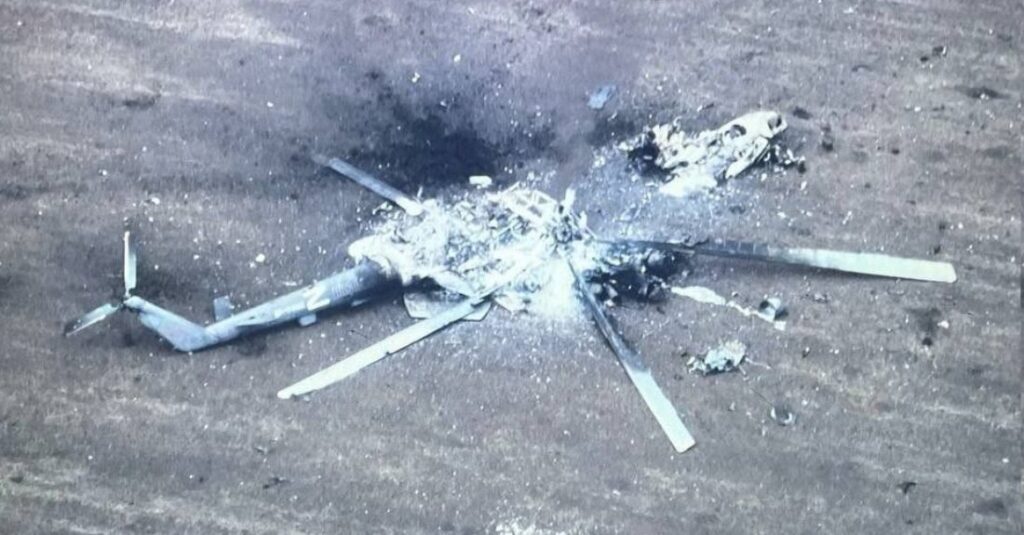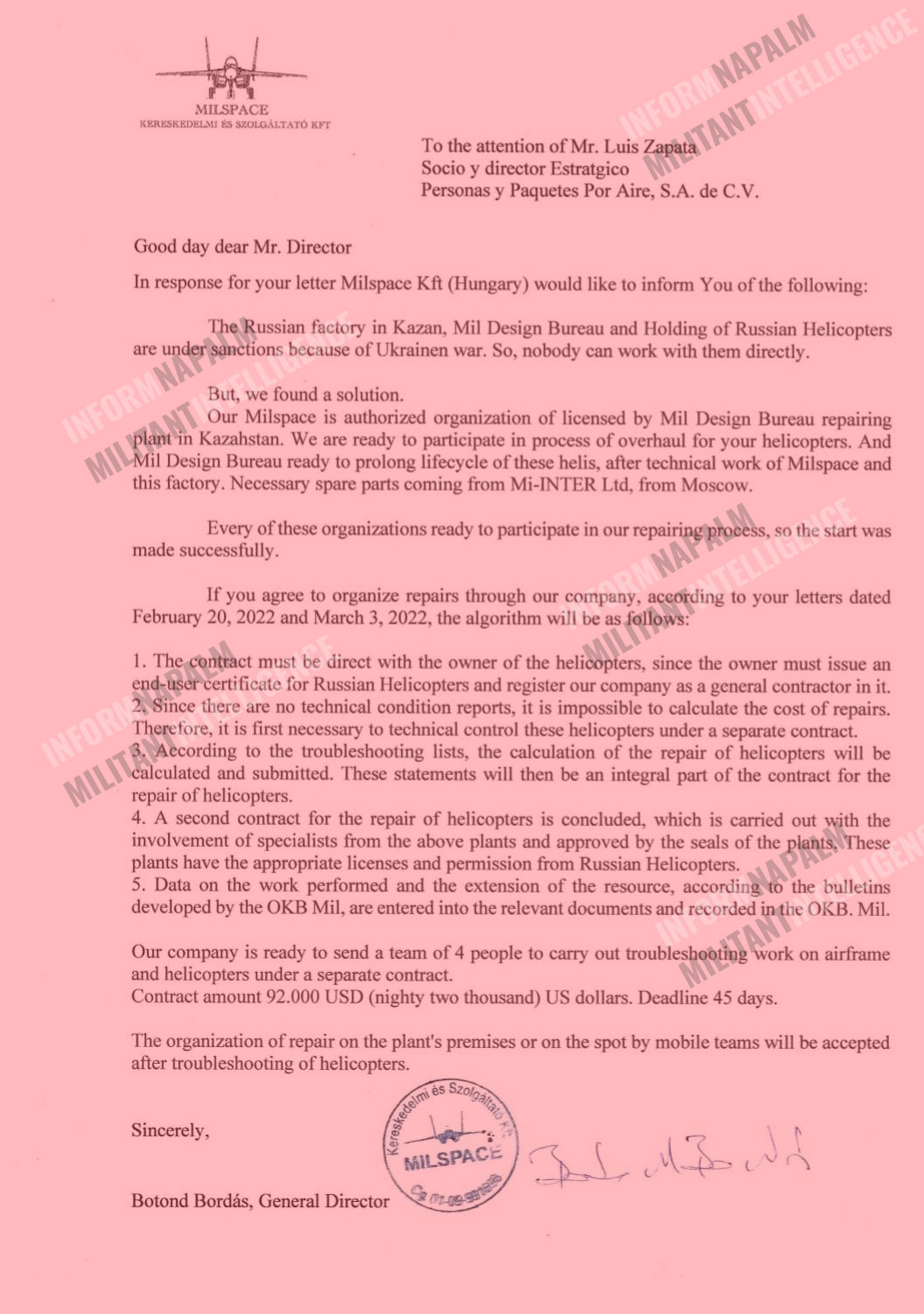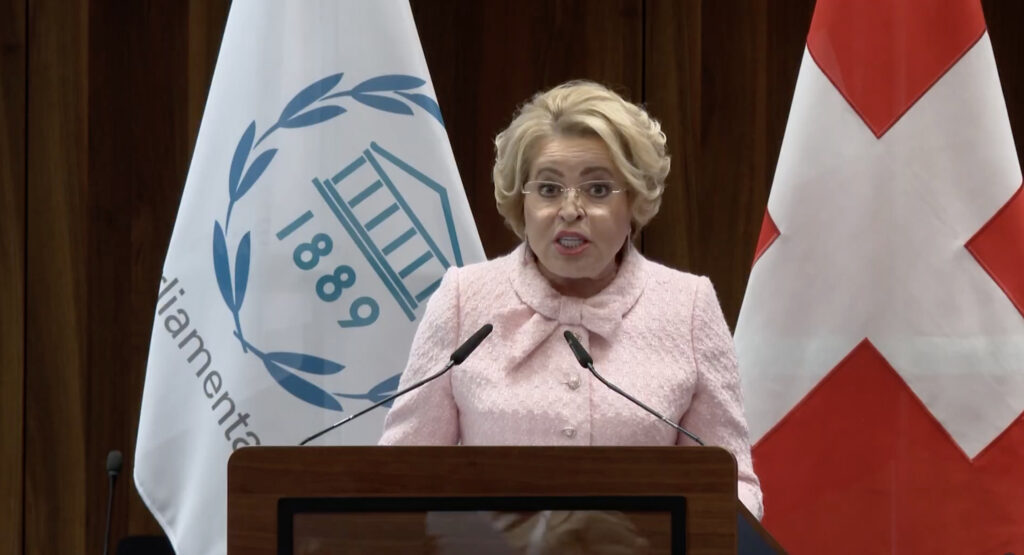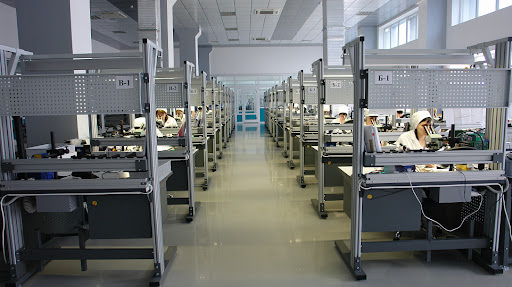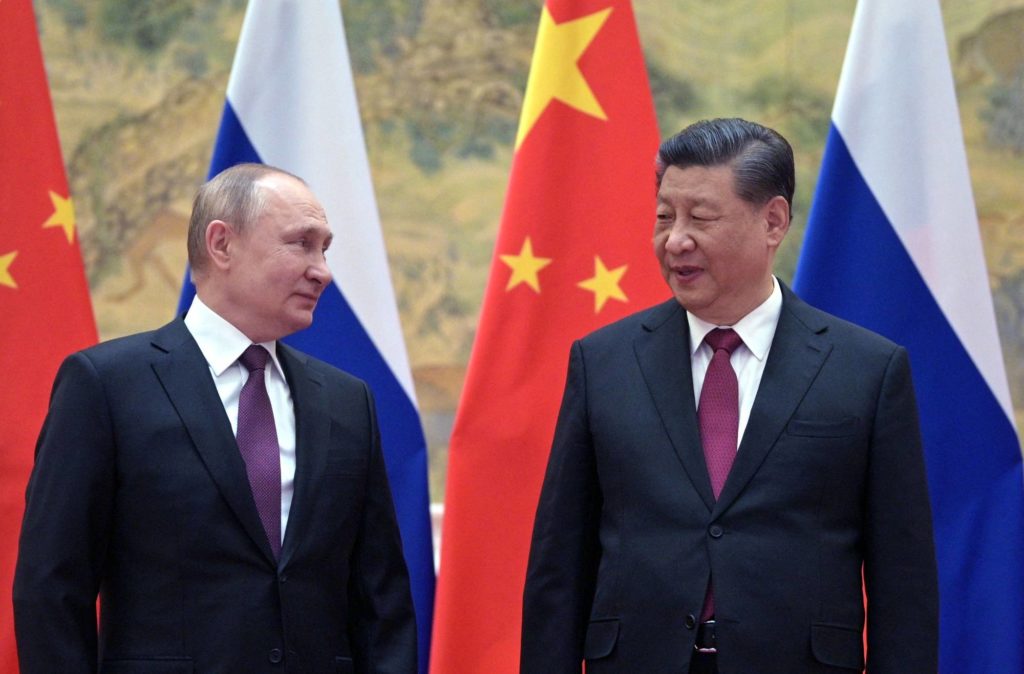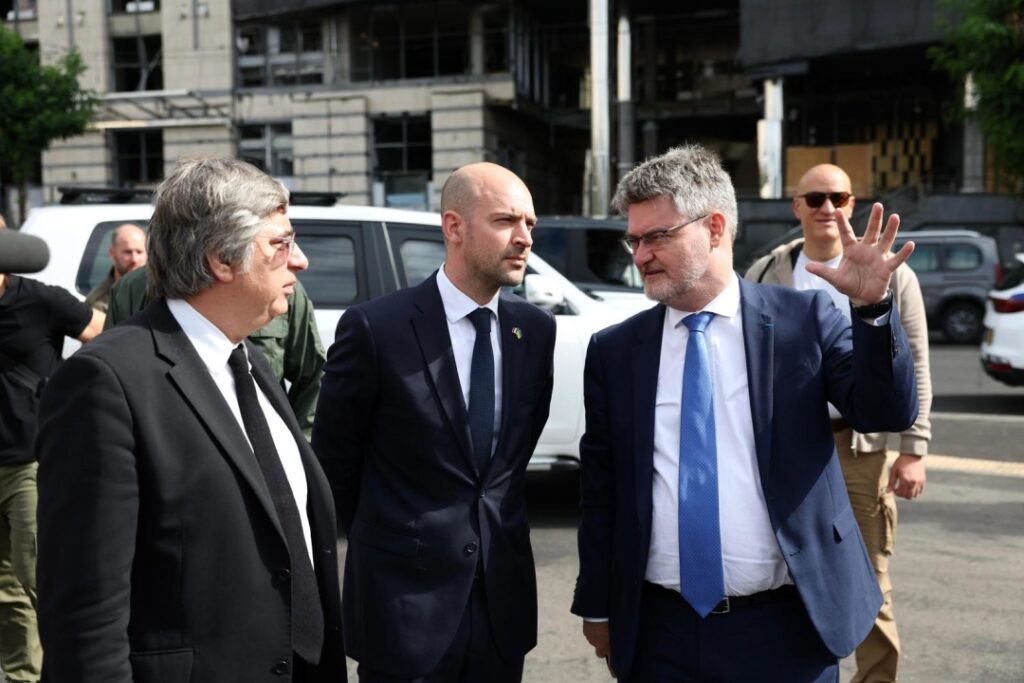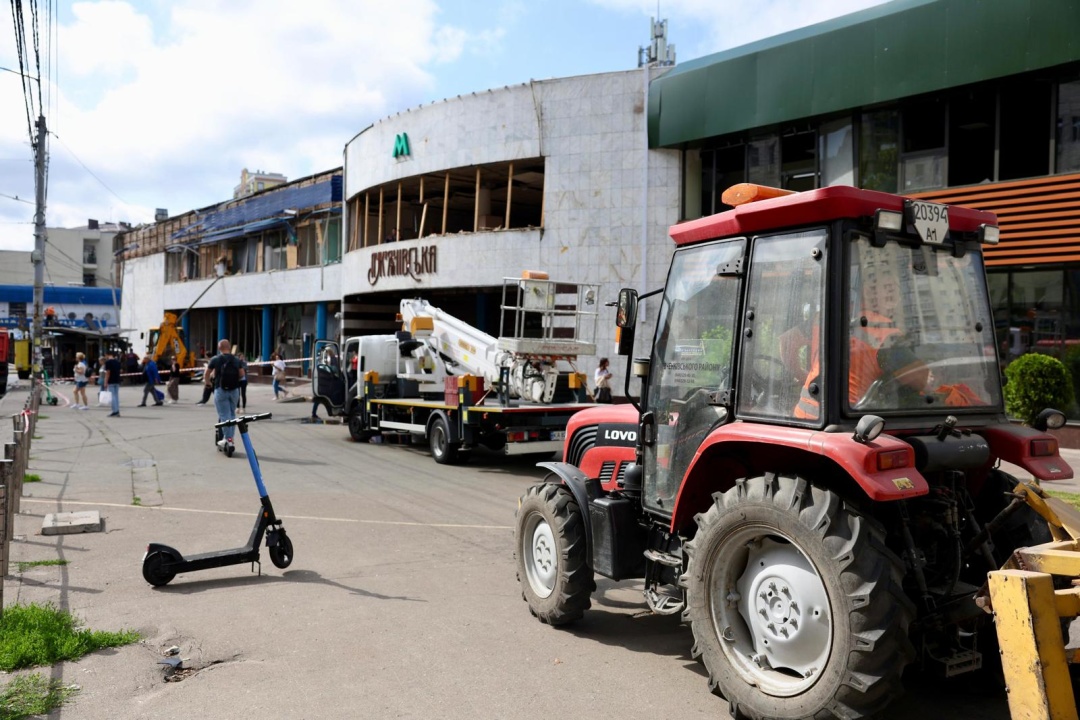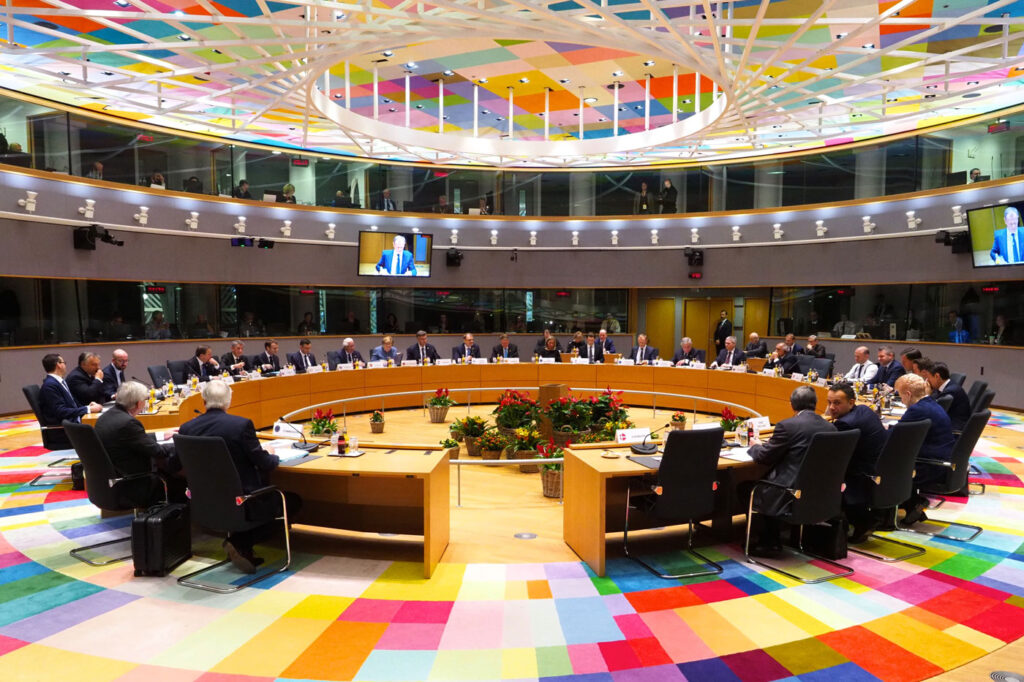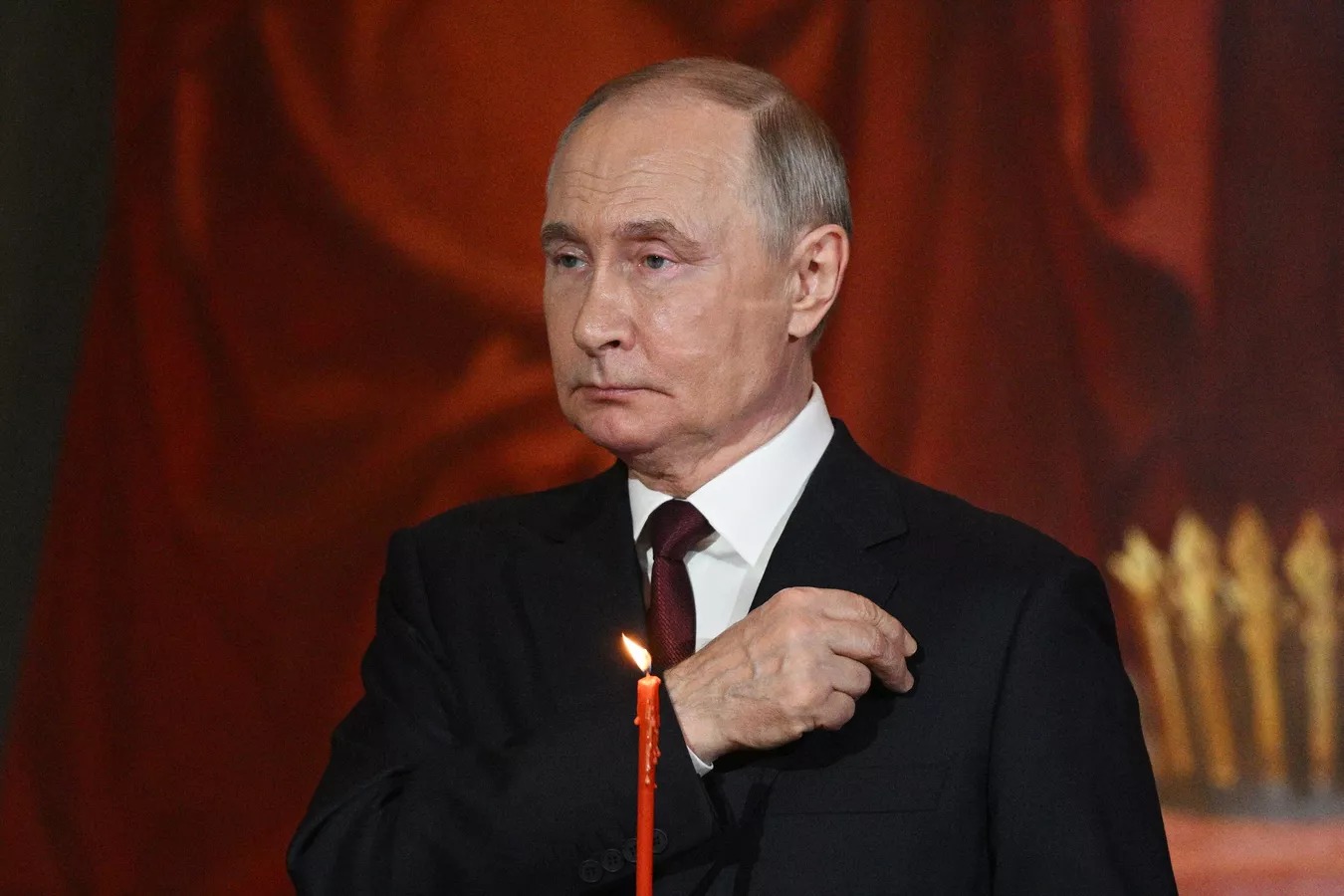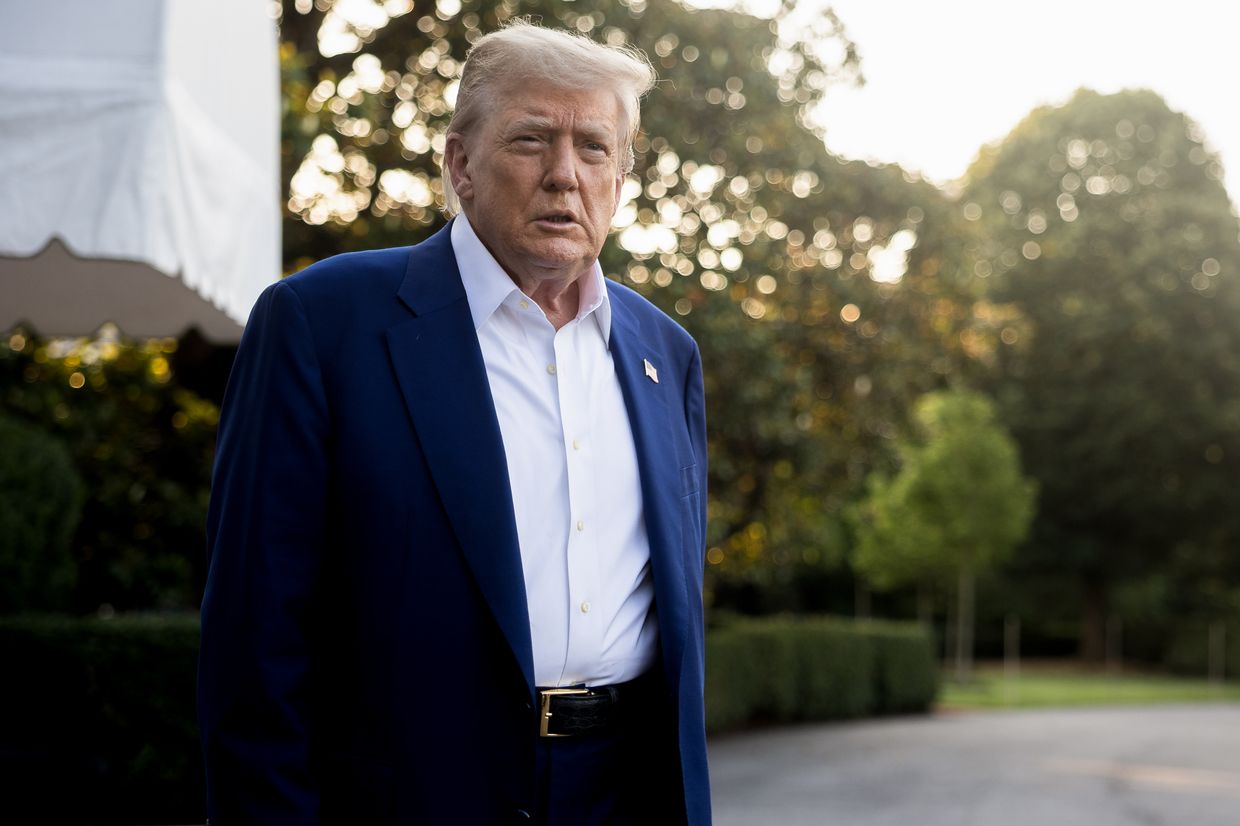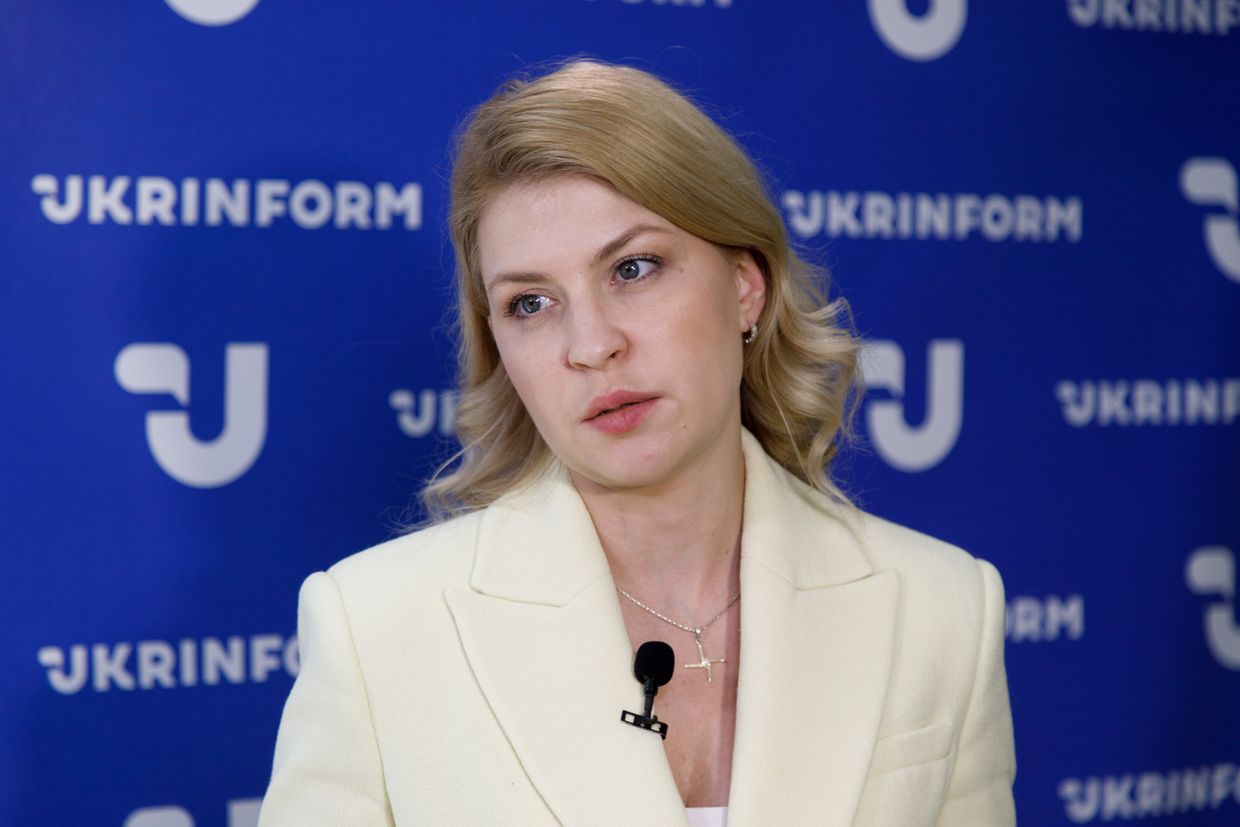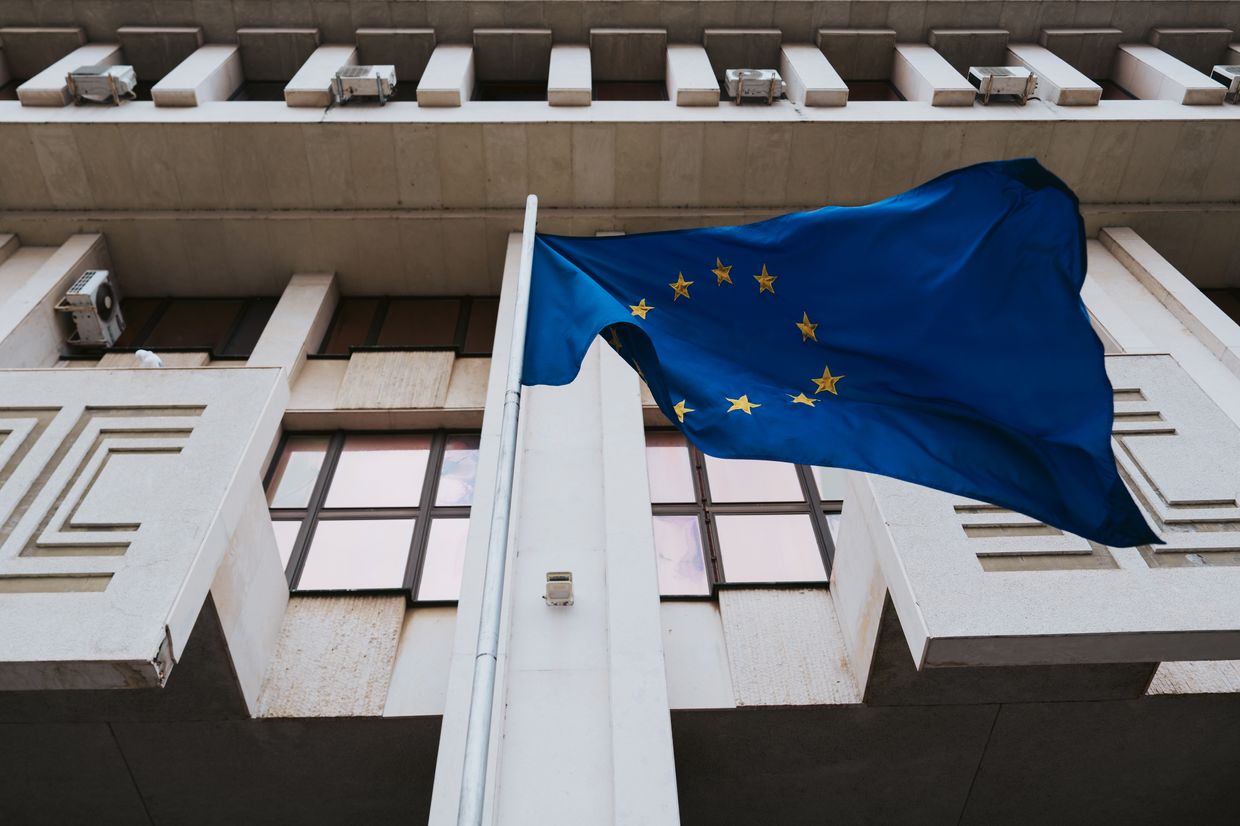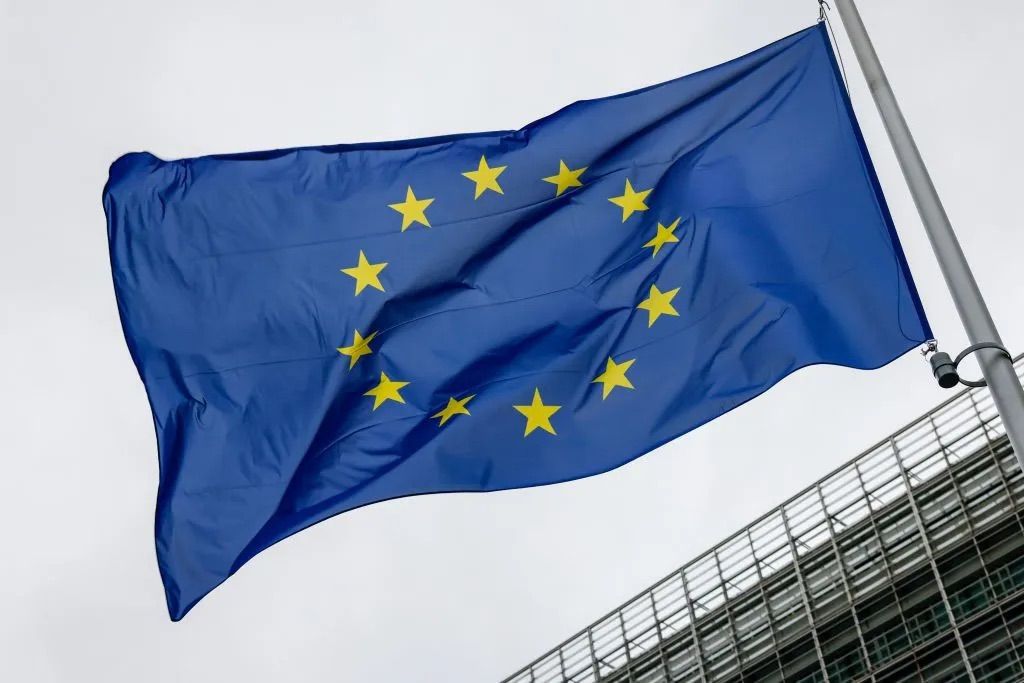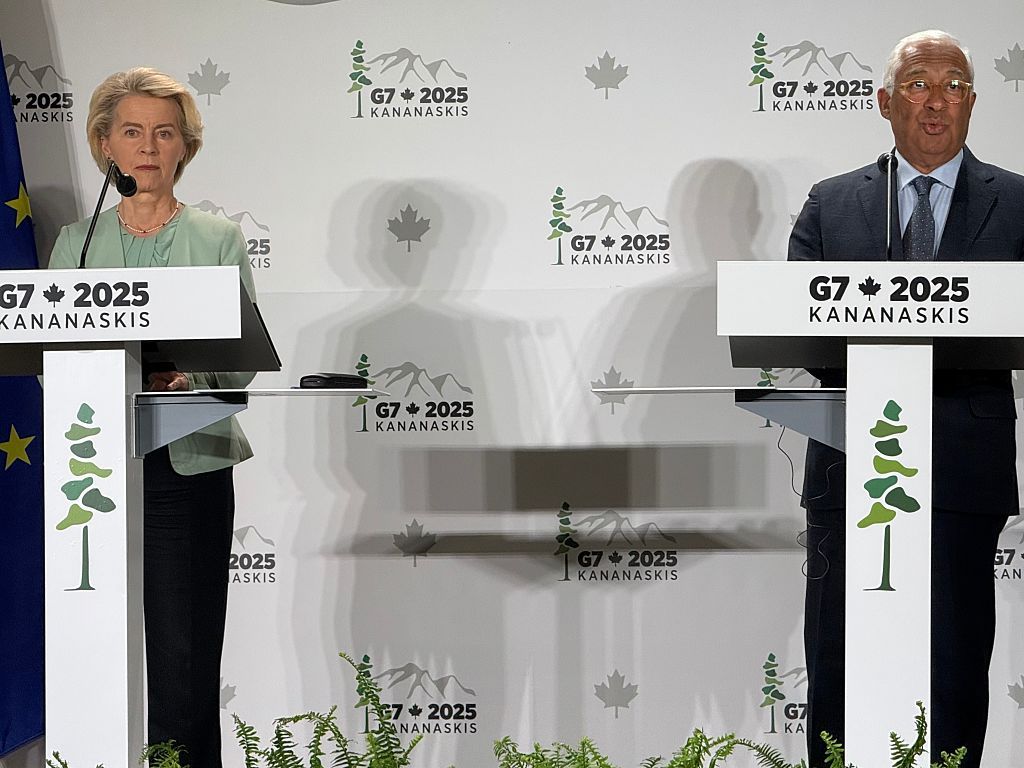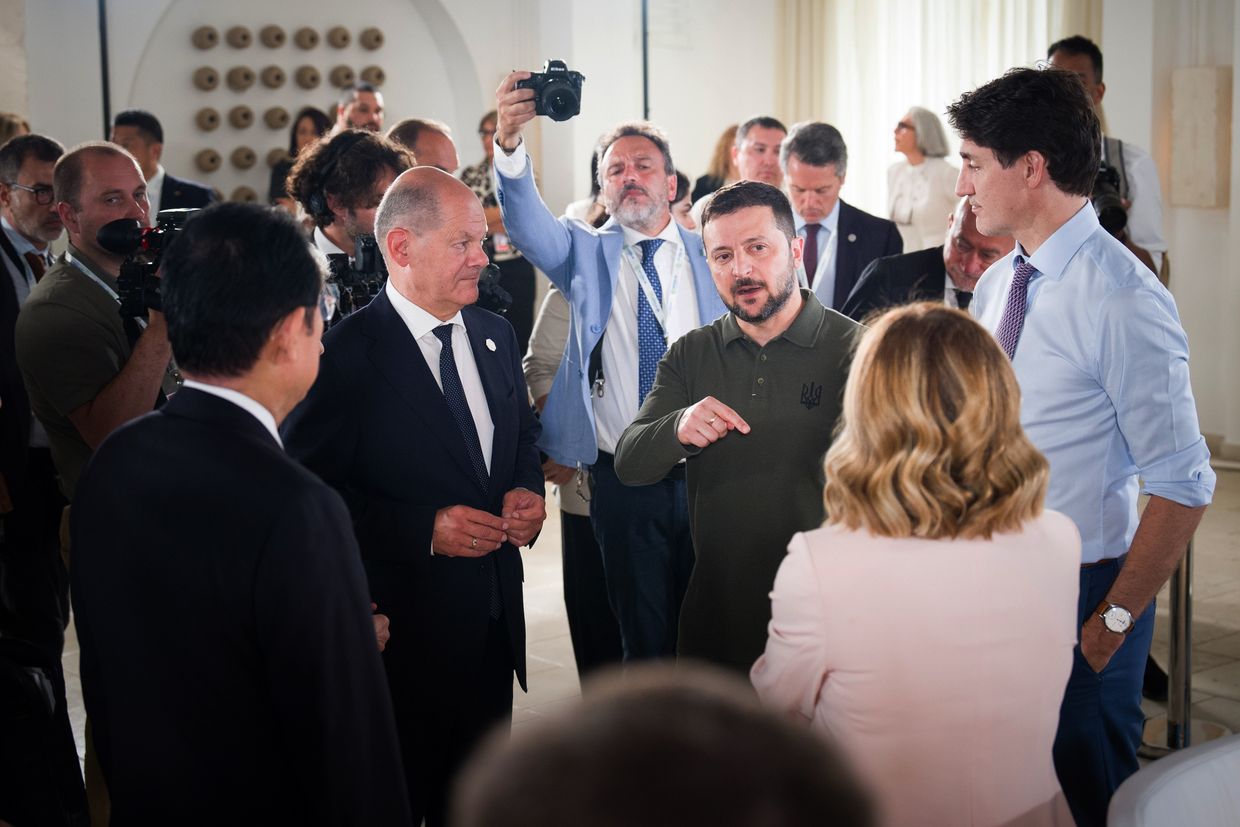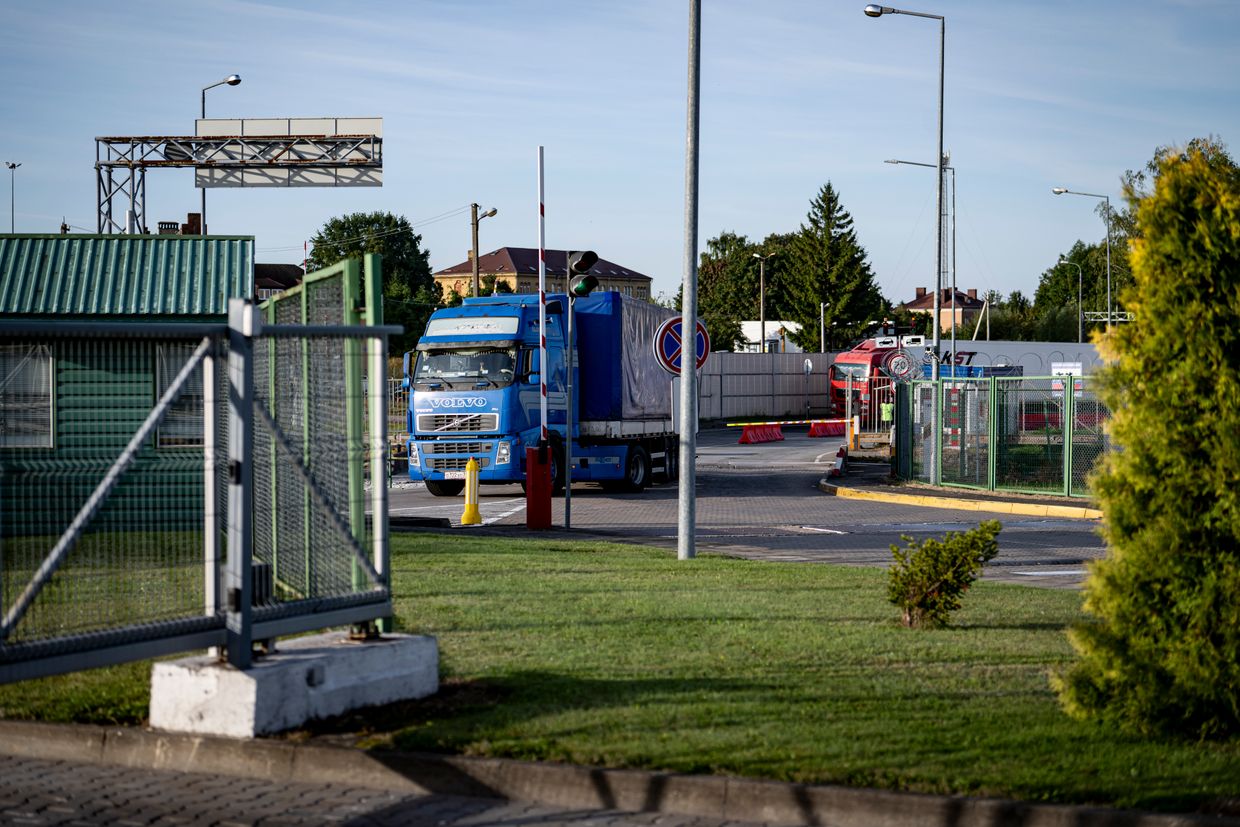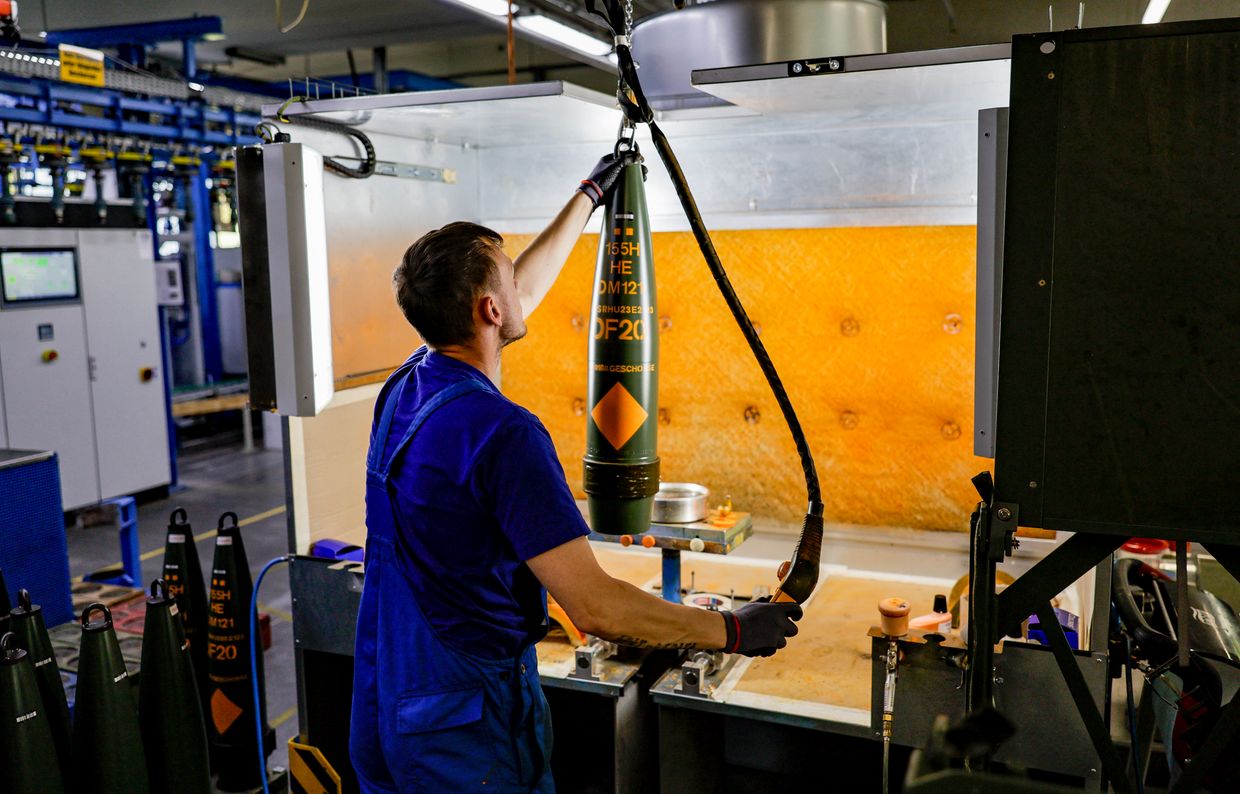Russian oil floats in limbo as EU sanctions trap tankers near India

Russian oil is stranded at sea. At least four tankers carrying Russian oil are unable to dock near India’s shores due to the threat of sanctions from the US and EU, Bloomberg reports.
India is one of Russia’s main economic partners, after China. Moscow continues to profit from oil supplies to India, accounting for nearly 35% of the country’s imports. Moscow’s energy exports remain its leading source of revenues, which it uses to fund its war against Ukraine.
In mid-July, the EU implemented new sanctions against Russia aimed at cutting its energy revenues. At the same time, US President Donald Trump’s administration has threatened India with high import tariffs and penalties for buying Russian oil.
Earlier, the head of the Indian Oil Corporation, A.S. Sahni, stated that if Russian supplies are restricted, the company will revert to traditional import schemes used before the war in Ukraine, when Moscow’s export to India was lower than 2%.
Sanctioned tankers idle off the Indian coast
Satellite tracking data shows that the tankers Achilles and Elyte, which loaded Urals crude in late June from Primorsk and Ust-Luga, are anchored near the port of Jamnagar, although they were scheduled to arrive in Sikka on 30–31 July. Both vessels are listed under EU and UK sanctions.
Russia streams oil revenues into its missiles and drones to kill Ukrainian civilians. The UN Human Rights Monitoring Mission in Ukraine documented 232 civilian deaths and 1,343 injuries in June 2025, marking the highest monthly casualty toll in three years as Russian forces launched ten times more missile strikes and drone attacks than in June 2024.
Two other tankers — Destan (under sanctions) and Horae (not sanctioned) — are also off the coast, awaiting unloading. Destan was due in Sikka on 24–25 July, while Horae is en route to Vadinar and expected to arrive on 1 August.
The delay of four tankers may signal that the era of consequence-free trade is nearing its end. Even if the tankers eventually reroute or unload, the situation marks a new phase of global pressure on countries doing business with Russia.
Read also
-
Ukraine’s Intelligence: Explosion disables Russian shadow fleet tanker, carrying 1 million barrels of sanctioned oil
-
India helps Russia to increase Ukrainian civilian death rate with octogen explosives exports worth $1,5 million
-
As Trump threatens sanctions on buyers of Russian oil, India prepares to switch suppliers to avoid fallout
